Learning about the History of Music unravels these mysteries, and provides the listener or student with what is needed to complete the picture, and make studying and performing music a truly rewarding experience
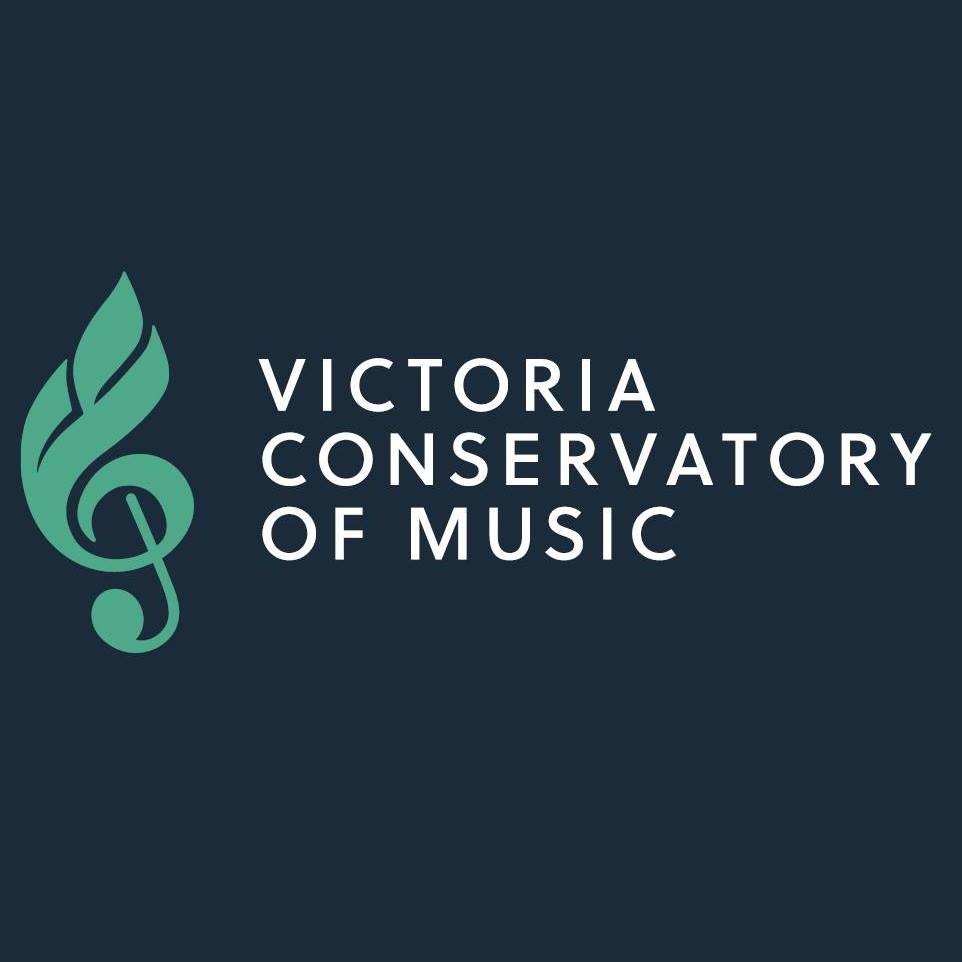
When listening to, or learning to play music, we encounter the “What” and the “How” as what are merely notes on a page are transformed into sounds defining one of highest forms of art, and reflecting the history of civilization itself.
However, without knowing the “Why”, listeners and performers can never completely understand what the notes on the page mean, as they are brought to life time and time again.
Not knowing how a piece of music came into being, the story behind it, or the person who wrote it, leaves the student or listener with an unsolved mystery, an incomplete picture, as if one were standing in front of a world famous painting, and seeing only the outline.
Learning about the History of Music unravels these mysteries, and provides the listener or student with what is needed to complete the picture, and make studying and performing music a truly rewarding experience.
Music History classes are suitable for all students, from school age through to adults and seniors, either as a complement to studio instruction, or simply for music appreciation. Courses offered integrate into all of our theory classes up to level 8.
As of level 9, three levels of advanced History classes are offered. All classes align with the RCM’s 2016 theory syllabus and prepare students to write the corresponding History examinations held in May.
A non-profit organization founded in 1964, the Victoria Conservatory of Music (VCM) has earned an outstanding reputation of quality in education, performance, and music therapy.
The VCM welcomes the whole community, with students of all ages and musical abilities exploring their creative talents through musical genres from the classical to contemporary and through the use of music technology.
Each year, over 4,500 students and music therapy clients engage in one or more of the VCM’s six main program areas:
Over 125 world-class faculty members teach disciplines including voice/vocals, keyboard/synth, strings/e-strings, percussion, brass, woodwinds, theory, writing and arranging, recording and production, Early Childhood Music, and more.
Since 2016, the VCM is very proud to be serving the Westshore Communities through its first satellite location in Westhills, Langford.
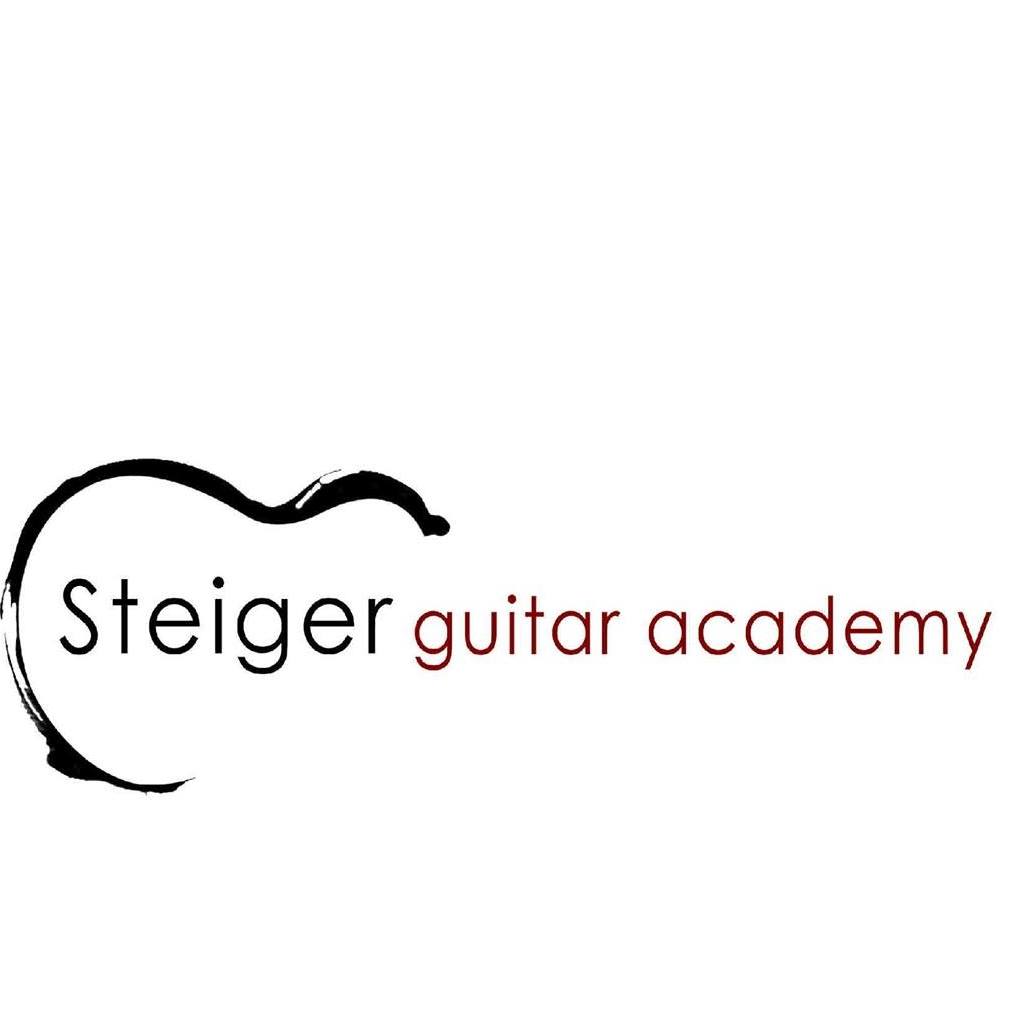
Mark Steiger is a teacher who finds purpose in helping people develop their musical gifts and is a teacher who enjoys sharing his experience, knowledge, and love of music with his students
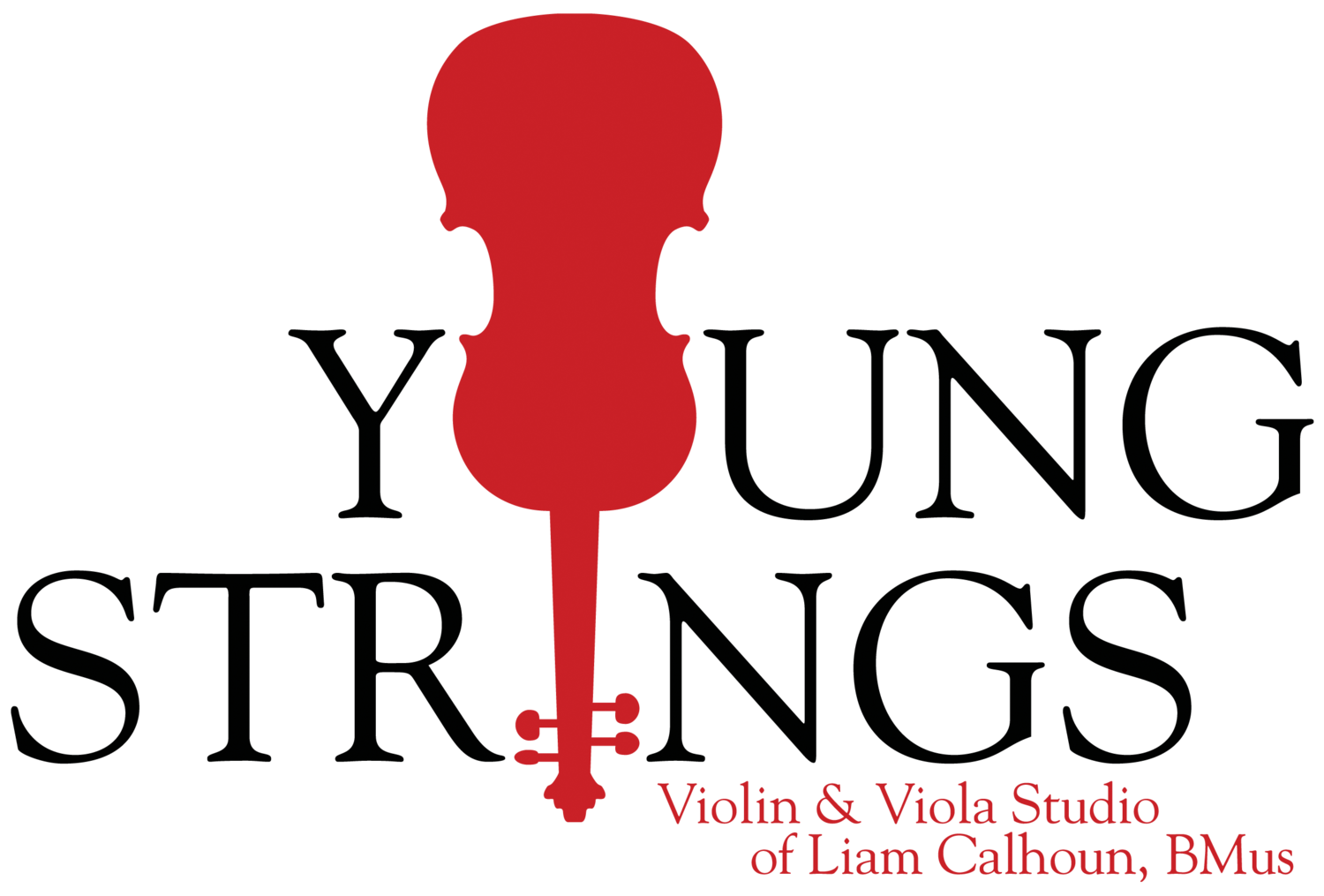
Besides teaching violin and viola, I have a strong background in music theory/harmony, with experience tutoring university students in this area. If you are interested in learning rudiments (scales, basic chords, intervals), I am happy to teach this as well
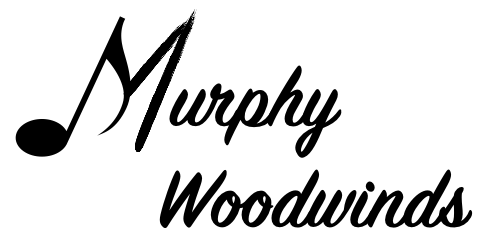
Lessons on classical music theory are designed to help you understand and excel at the foundations and principles of the music language
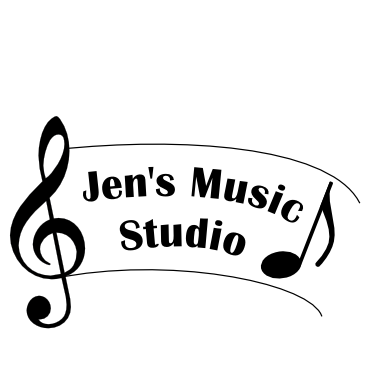
Lesson plans and repertoire selection are tailored to each individual’s interests and learning style, bringing out the best in each and every student
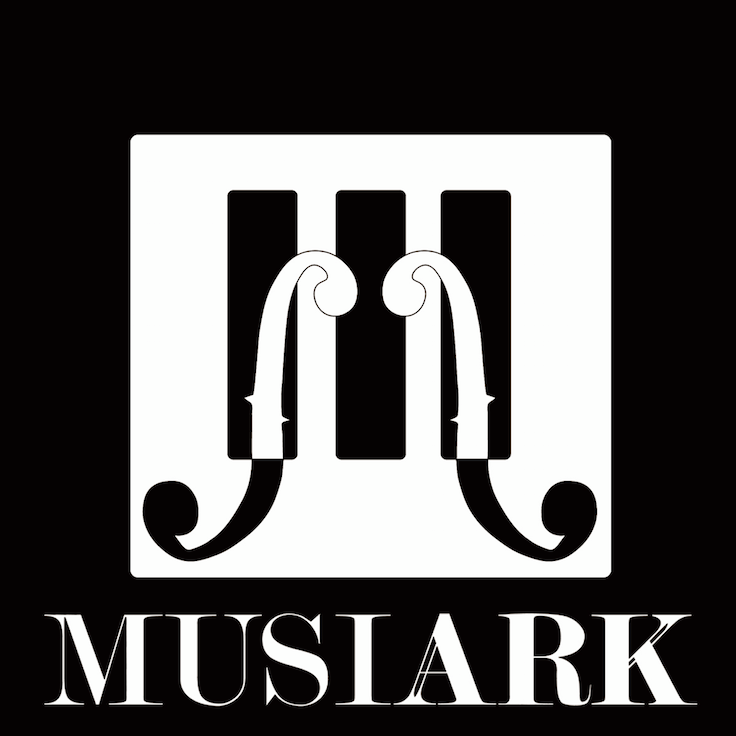
For students that wish to study in theoretical topics or an instrument in a classroom setting
© 2025 coursetakers.com All Rights Reserved. Terms and Conditions of use | Privacy Policy